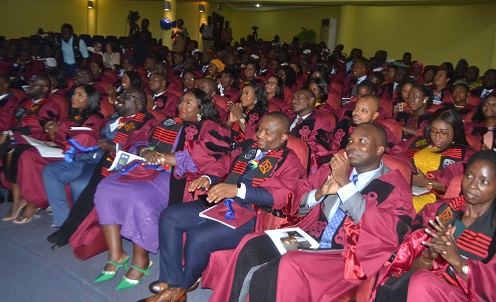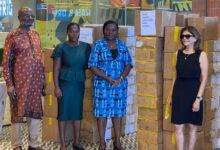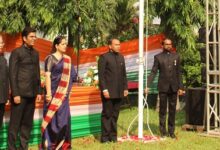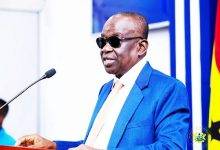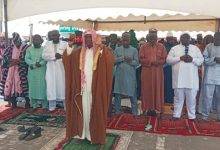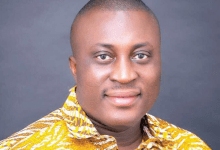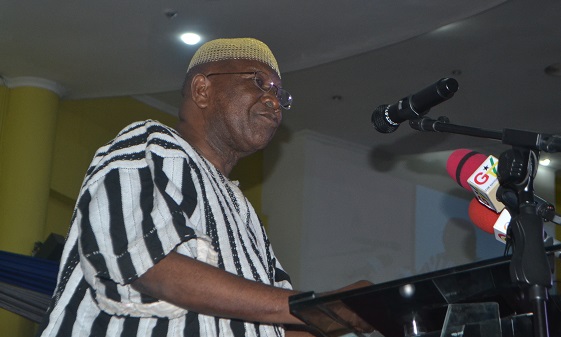
A total of 294 doctors were yesterday inducted into the Ghana College of Physicians and Surgeons as new members and fellows.
Out of the number, 212 were made new members, 40 new fellows who had completed training and passed required examinations, and 42 new fellows who had been elected by various faculties based on qualification, scholarship and contribution to training of postgraduate doctors.
Under the theme “Maintenance of Health in a Challenging global economic Policy and Practice Implications,” the induction ceremony of the 19th Annual General and Scientific Meeting (AGSM) of the College was held in two sessions.
Delivering a speech on behalf of the Minister of Health, Mr Mahama Asei Seini, the Deputy Minister, noted that the Ministry was aware of the challenges government faced in its remuneration of the College for postgraduate medical training.
Despite the challenges, Mr Seini said the Ministry of Health (MoH) was working closely with the management of the College to ensuring that some significant payments were made before the financial year ended.
He also commended the College for the contributions made towards health service delivery and policies in the country as well as its achievements which were not directly related to postgraduate medical training.
Mr Seini further indicated that a policy document which sought to improve the rate at which fellows were produced, reduce waiting time between the completion of house officer rotations, and start of residency training had been approved by cabinet.
According to him, there was the need to find ways of improving output as the rate of production of members and fellows of the College did not match the growing health care needs in the country.
The British High Commissioner to Ghana, Ms Harriet Thompson, said “the partnership between the United Kingdom and Ghana has been two decades in the making. Key milestones in our journey include Ghana’s access on the millennium development health target of reducing child death by nearly two thirds.”
Ms Thompson noted that deepening research expertise and creating a culture in which innovation is prioritised was key to tackling the next generation of health challenges.
According to her, the partnership between the UK and the College addressed four areas agreed between the College and the MoH to deliver on Ghana’s health workforce targets and position the College as a regional Centre of excellence.
The four areas, she said, were health workforce governance and leadership, strengthening of postgraduate medical training, decentralised postgraduate medical education and deepening research capacity within the country’s postgraduate medical education training.
On his part, the Rector of the College, Professor Richard Adanu, underscored the need to improve the percentage of doctors who pursued postgraduate training up to the fellowship level.
He said “the additional years of fellowship training increase one’s theoretical and practical knowledge in the specialty area and these make a person more competent in managing health problems and their related complications”.
Prof. Adanu noted that the Ghana Tertiary Education Commission (GTEC), Universities and the College were not going to lower the standard of entry for people who lead undergraduate and postgraduate medical training.
BY BENJAMIN ARCTON-TETTEY &ELIZABETH OFFEI

